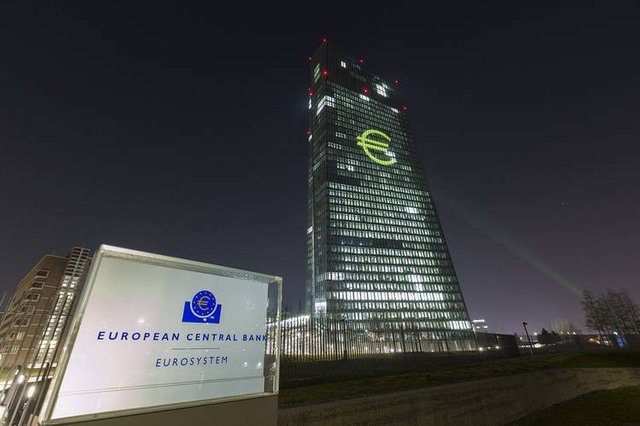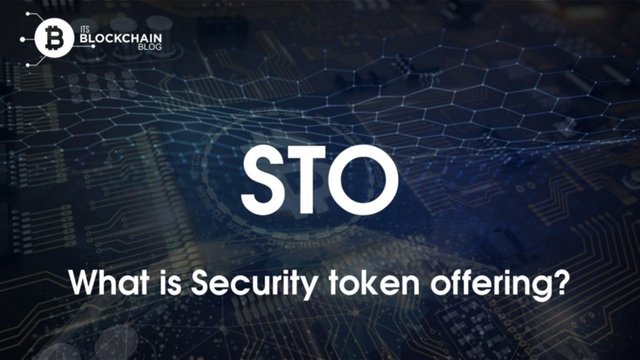The creation of Money, where does it come from?
This is a very complex topic that might interest a lot of investors, that have some or a lot of understanding on economics but lack knowledge of economic history, law or even psychology. So why does exist these short-term cycles? Why do we have recessions and longer times of growth? Its everything connected with credit and commercial banks not only central banks, because not only central banks create money, but also commercial banks or community banks. Following the professor Richard Andreas Werner, he tested 3 theories of banking, one that banks use reserves to lend money, second that banks use the depositor’s money to lend money, and third that banks create money when lending. The actual truth is that banks do create money when lending and this was all tested by Professor Richard A. Werner.

European Central Bank
The Germany efficiency
There is a reason why most economies have huge debt and huge deficit and Germany has around 60 to 65% debt in comparison to the GDP, there is also a reason why Germany exports are more than half of China which is a lot when comparing to the difference between GDP and the population, China has 3 times the GDP of Germany. So, let me explain why Germany is so efficient when it comes to management and running an economy. It’s because Germany has small banks that finance small and micro business, and this is very important because it will create huge exports and revenue that Germany has. In the UK there are no small banks to help finance small businesses and this is creating a technological and financial revolution that I will describe later in the article.
Why do we have financial crises and asset bubbles?
Let’s recap, and walk back a little, to go throw why we have these cycles of economic growth for 8 to 12 years and then a recession followed for 2 to 5 years. There are a lot of reasons why most economies develop huge debt and create assets bubbles, and the main reason is because of unproductive credit creation, that banks lend money that is not productive to GDP, which means that every time banks create credit for transactions outside GDP, the result will be Asset inflation, bubbles, and banking crises. So, quoting the presentation of the professor Werner “The allocation of bank credit creation determines what will happen to the economy”. The ideal scenario would be having investment credit that would create new goods and services, that would result in growth without inflation.
This thesis can be founded and deeply explained by the Germany professor Richard Andreas Werner, for the readers that are less motivated to read a PDF, you can check an excellent video, a conversation with the same Germany Professor on these topics that explain some economic aspects. There is a global assumption that interest rates are the cause-effect of recessions and that central banks are behind the curve of the economy, involving quantitative easing and tightening easing that helps to end cycles, when the interest rates are lower creates more investment and more consumption, allowing the financial markets to grow, but when the interest rates rise the credit becomes more difficult to pay and investors start selling their assets, well that’s not actually true according to Professor Richard A. Werner, that is in fact far from the reality according to his thesis.
The new technologic revolution that will change the financial markets and services

Bitcoin and distributed Ledgers
Maybe you already know what’s the main topic that I’m going to talk about, if you don’t well you should, because this technological revolution will hopefully change a lot in the upcoming years, for the goal to achieve better financial freedom. It’s, of course, Bitcoin and the power of distributed ledgers and the influence and power that can create in the financial services like payments, value transfer, crowdfunding, tokenization and so much more. It truly challenges the current systems and creates competition and incentivizes for better infrastructures.
There is an awesome quote by Andreas M. Antonopoulos:
“Bitcoin represents a fundamental transformation of money. An invention that changes the oldest technology we have in civilization. That changes it radically and disruptively by changing the fundamental architecture into one where every participant is equal. Where a transaction has no state or context other than obeying the consensus rules of the network that no one controls. Where your money is yours. You control it absolutely through the application of digital signatures, and no one can censor it, no one can seize it, no one can freeze it. No one can tell you what to do or what not to do with your money. It is a system of money that is simultaneous, absolutely transnational and borderless. We’ve never had a system of money like that.”
Bitcoin is not only a new parallel currency, but it is also financial freedom from those who have to much power and to much control. Bitcoin has open the gates to innovation to the creation of better infrastructure, we obviously have had many speculative bubbles in the crypto industry, the most recent being the 2018 crash from January to November Bitcoin has fallen around 80%, but that does not involve the fundamentals of the industry or the value that can be transformed with Blockchain to help small and micro businesses. Speculation as always been a very enjoyable game, people love to gamble their money it’s addicting, some win and some lose, it’s inevitable, some speculators must lose for others to win, that’s nothing more than wealth transfer in the financial markets. Lets pass beside the speculation that surrounds this industry, there are a lot of industries that are very interesting to invest, and I mean invest because they can truly transform current infrastructures, for example, the music industry is an industry that can be easily changed by blockchain, because the current systems are expensive and create too many obstacles to small artists and that gives origin to many undiscovered content creators.
The supply chain is also another industry that can be improved by the transparency of data. There are many other industries that in my opinion can be improved by Blockchain or other distributed systems like the energy industry, the e-commerce and payments and with an honorable mention to decentralized exchanges that will have a huge impact in the way we transfer value and communicate freely with control over our funds with each other throw different asset transactions. Whether Bitcoin is going to be the global currency or the future of money it’s not actually important, it doesn’t matter if its Bitcoin or Nano or Dash or any other cryptocurrency, the important question we must ask ourselves is what can we do with this technology? And what value can the underlying technology create to develop a better society and fight inequality?
Initial Coin Offering and Security Token offering
We have witnessed in 2017 an exponential growth in businesses getting funding from retail investors, and that is very good for the economy because small and micro businesses that don’t have credit access, now have the opportunity to get funding from the financial markets throw ICOs, and that new way of funding, can replace the lack of small banks, has Richard A. Werner stated and create more productive transactions that benefit the GDP of an economy, it can also create a speculative game, where people start to throw money to every ICO they can touch and sell it on the secondary market. So, there must be an intervention of the regulators, the new way we fund business is truly revolutionary because it gives access to non-accredited investors that have never had before the opportunity to participate in large scale in the primary market. The regulators must act but act in a “good way”, meaning they should regulate without killing the innovation and entrepreneurship.

Security Token Offering
So the next wave as you probably can guess is Security token offerings or STOs that involve companies issuing security tokens, that give rights of the profit of the company to the retail investors, and never in the history of the markets this has ever happened before, it gives way more opportunities to investors with less capital and more opportunities for small companies to raise money in a regulatory environment. It’s not all, security tokens are opening the doors for “Tokenization”, meaning many industries can now issue debt, real-estate, equities, commodities as a form of a security token.

Security Tokens issued on the Blockchain
Analysts, investors, businesses, scientists and engineers are still investigating the utility of this tokens and the value that Blockchain and decentralization can bring to the financial markets, its still a very new technology, very experimental, like all technologies it needs time to develop. It can open the doors for financial freedom and end inequality or can bring even more control due to the increase in visibility and transparency of transactions executed in a Blockchain. Central banks are exploring the possibility of issuing a digital cryptographic currency that will have total control over all transactions made inside and outside of the economies.
“Money won’t create success, the freedom to make it will.”
– Nelson Mandela
For more articles visit https://blog.forkedblock.com/
Article Created in the Medium https://medium.com/@snackeye0/the-future-of-financial-markets-640aca959fb5
Disclaimer: I’m a corporate finance student, I’m in no way an expert on these discussed topics, and this article does not consist of financial advice or investment advice. It’s only my opinion and consists only in trying to raise awareness to the readers about technological break throws and monetary policies.
Warning! This user is on my black list, likely as a known plagiarist, spammer or ID thief. Please be cautious with this post!
If you believe this is an error, please chat with us in the #cheetah-appeals channel in our discord.
Downvoting a post can decrease pending rewards and make it less visible. Common reasons:
Submit